The content wars are ramping up, with Verizon reportedly making a play to grab some exclusive over-the-top NBA rights. As Terry Lefton & John Lombardo of Sports Business Journal write, the two sides are close to a deal that goes well beyond a traditional sponsorship, but not as far as live NBA games:
Sources familiar with the pending deal said last week that the agreement would include intellectual property and other traditional sponsorship rights but is centered on content — which Verizon wants for over-the-top programming efforts, especially its recently launched go90 product. As a mobile-first service, go90 is aimed at the growing audience of millennial cord-cutters.
However, a Verizon-NBA deal would almost certainly not include live NBA games. Those rights are owned by ESPN/ABC and Turner under terms of nine-year deals valued at $24 billion that take effect next season. That means it will likely be shoulder programming and lifestyle programming that would be part of the Verizon-NBA content, and possibly games from the other basketball inventory controlled by the NBA: the WNBA, the D-League and USA Basketball.
While the deal had not been completed as of last week, NBA owners were briefed on the discussions at the NBA board of governors meeting in New York late last month. A source close to the negotiations said the deal was not finished before last week’s start of the NBA season because “the NBA wanted to sell a sponsorship and Verizon wanted content rights.”
At the board of governors meeting, owners were told that the deal will be a content-rich agreement. Financial terms of the pending deal could not be learned.
This is interesting on several levels, as it brings up questions about the divide between TV and mobile rights (a divide that’s becoming increasingly important in an era of heightened cord-cutting and increased mobile use) and could have significant implications for how other leagues handle their content. It’s notable that Verizon (which owns plenty of other companies, including AOL) is going heavy on sports sponsorships, with current deals with the NFL, IndyCar and NHL. The SBJ article notes that Verizon is replacing Sprint here (as they also did with the NFL), and that they’re trying even harder than normal to snap up content rights thanks to the AT&T-Direct TV merger. SBJ had some notes on that front worth passing along:
Even if no live games are involved in the deal, how longtime NBA digital and TV rights holder Turner will feel about the league adding another content partner remains to be seen. Nonetheless, the forthcoming deal is a harbinger of what’s ahead in terms of hybrid agreements, as wireless service providers morph into content providers. The most striking example is AT&T’s acquisition of satellite TV provider DirecTV, with its exclusive NFL Sunday Ticket package. Many industry observers similarly expect Dish Network to be acquired soon, with Verizon among the likely suspects for the buy side.
“The category has become a content arms race between AT&T and Verizon,” said former MLB and NFL sponsorship executive John Brody, now an independent consultant. “If I’m Verizon, I’m trying to scoop up every piece of content rights possible because I don’t know what I’ll be competing against when it comes to the new AT&T-DirecTV combination.”
The “arms race” here is a reflection both of industry consolidation efforts and of the increasing importance of mobile-focused content rights, and it’s likely to have substantial implications for both leagues and broadcasters. We’ll see just what’s in this Verizon deal and just how much it’s worth, but it’s notable to see these kind of deals being struck around new content pathways. It’s a further indication that the sports broadcasting business is changing rapidly, and that the future will involve deals for much more than just conventional television rights.

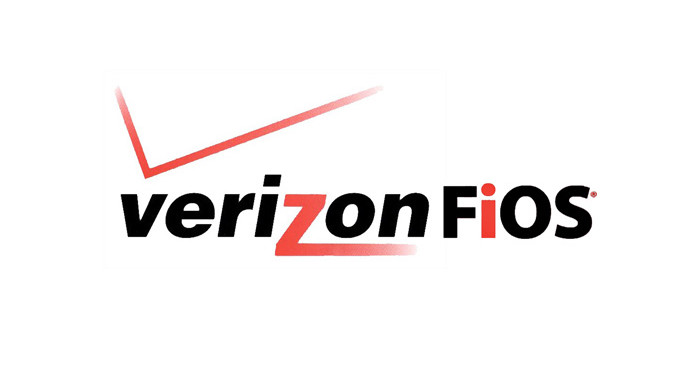
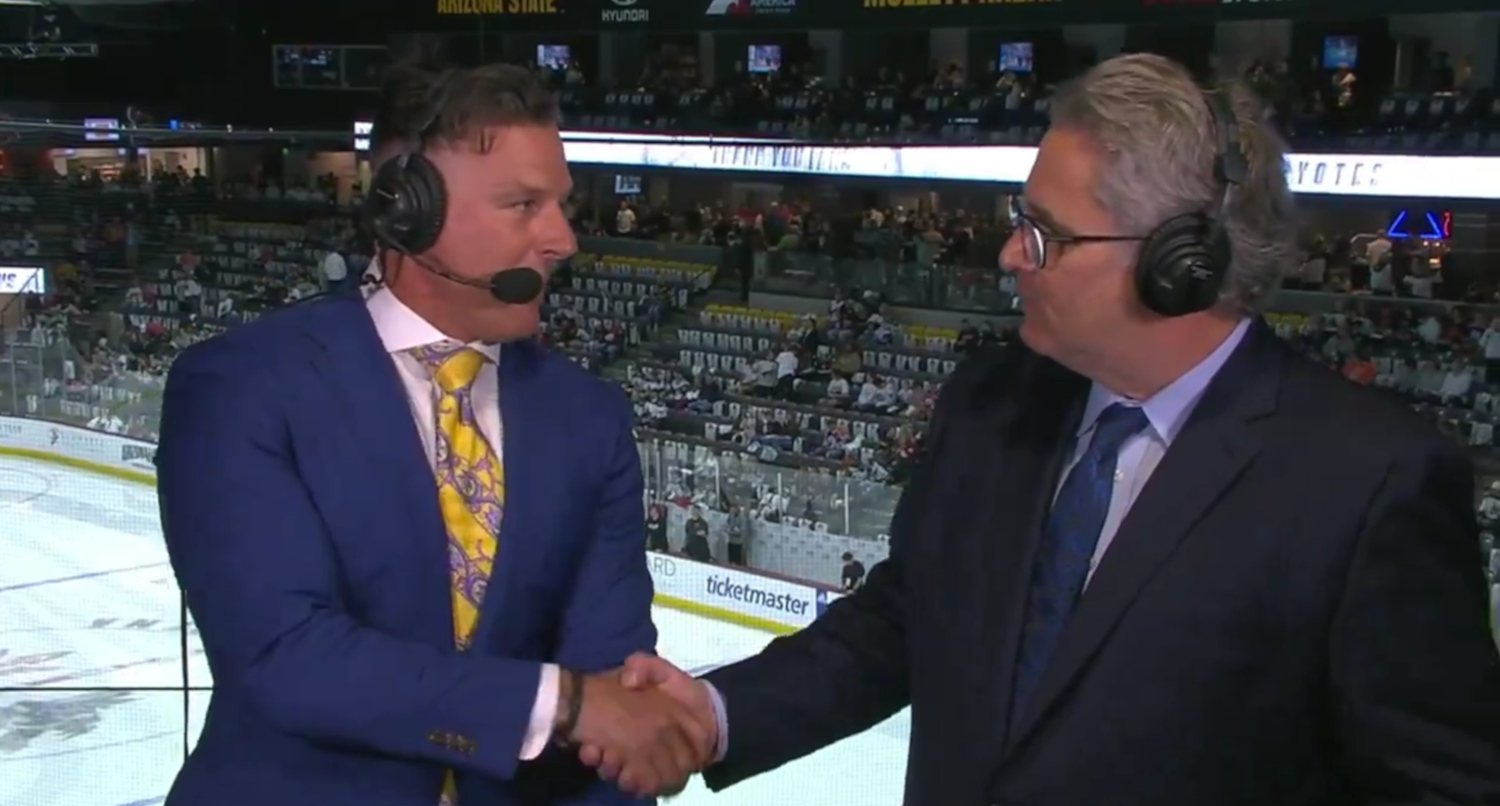

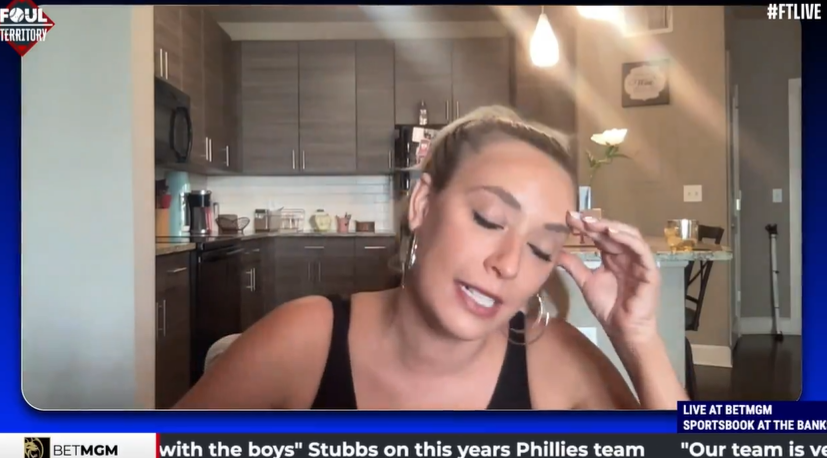
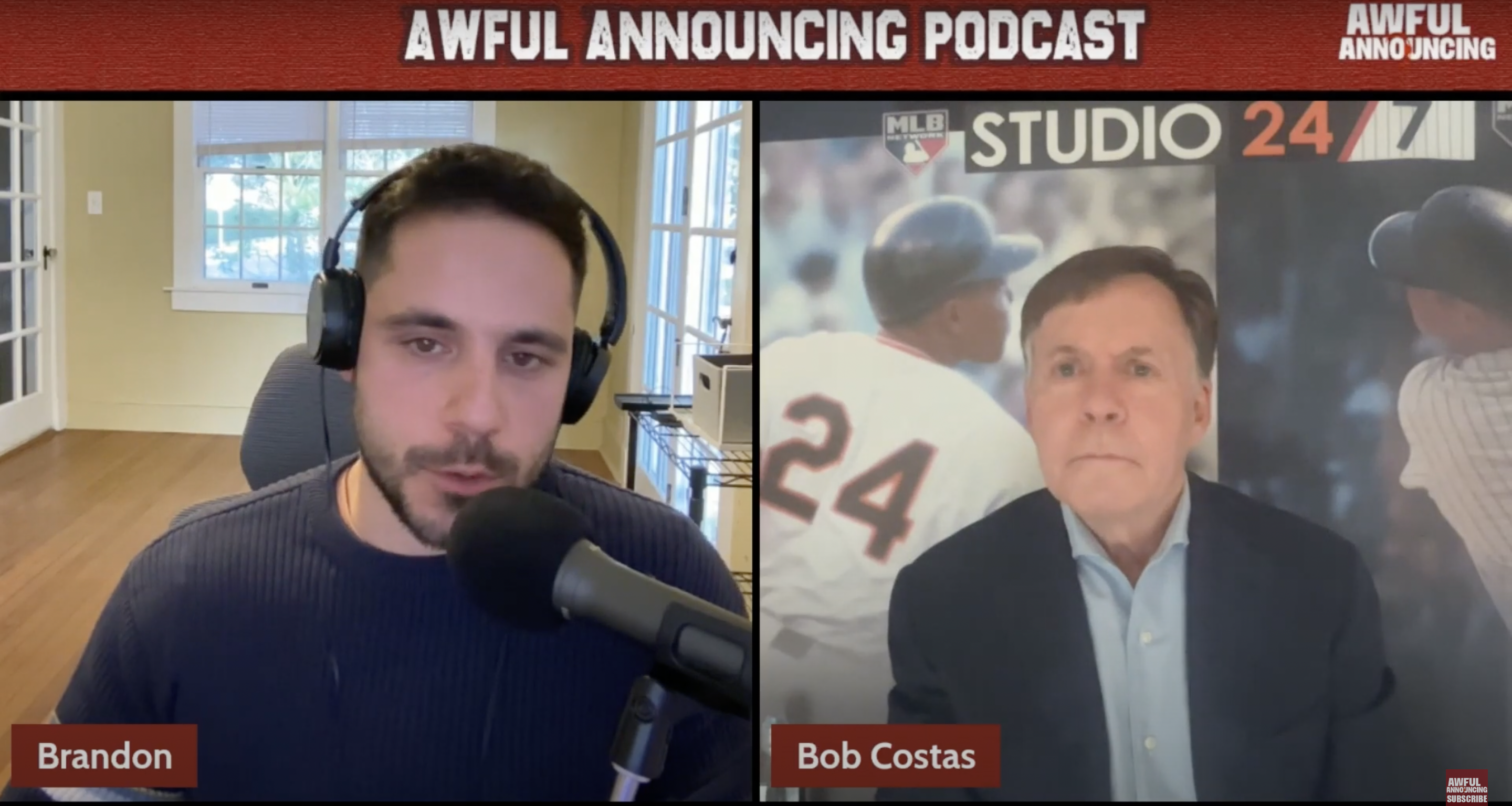
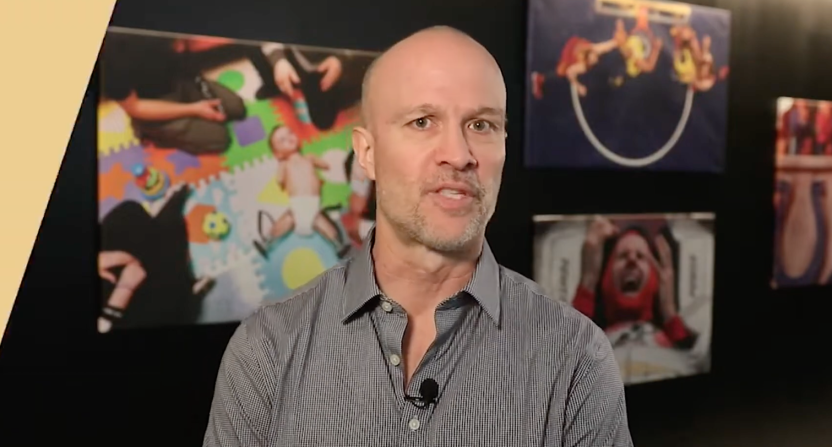
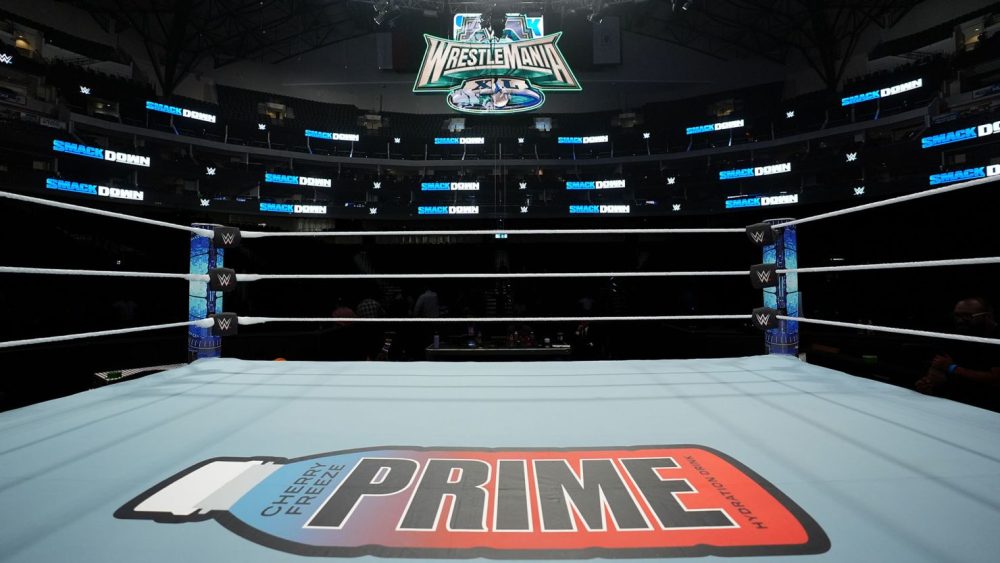
Comments are closed.